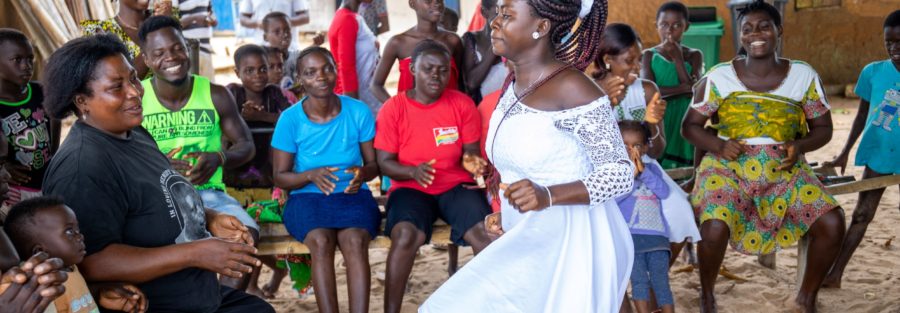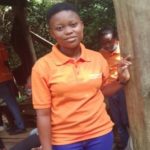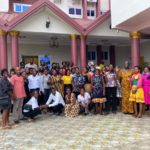The Challenge
Adolescent girls and boys continue to face considerable number of barriers that limit their access to life saving opportunities like education and health services, particularly, sexual and reproductive health (SRH) services and education. According to UNESCO estimates, globally, 129 million girls are out of school, including 32 million of primary school age, and 97 million of secondary school age. In Ghana, according to a Ghana Education Fact Sheet, 2020 (a UNICEF data), approximately 283,000 primary school-age children were out of school, 135,000 lower secondary school-age children were out of school and 610,000 upper secondary level were out-of-school. Data has revealed that girls in Ghana aged 10 to 14 years old accounted for 2,865 pregnancies in 2020, while another 107,023 females aged 15 to 19 were impregnated during the same time period, with the majority occurring in less privileged communities. Educating adolescent boys and girls, keeping them in school and empowering them to recognize their SRH rights and to make and act on decisions that go a long way to protect them are key pathways to improving their lives, especially health outcomes and overall well-being.
Approach
The organization of Peer Network Meetings at the community level is a reliable approach to sensitize out-of-school adolescents on their sexual and reproductive health (SRH) and rights. 149 Peer Network Meetings were organized in 2021 as part of activities to implement the RHESY project, with funding from UNFPA Ghana. The peer network meetings serve as platforms for adolescent boys and girls to discuss their SRH issues and be empowered to exercise their agencies.
Results
A total of 9,779 out-of-school adolescent boys and girls were reached with education on their sexual and reproductive health and rights and also linked to health facilities for further assistance. Out of this number, 8,636 are girls and 1,143 are boys from the six project districts; Ashiedu Keteke sub-metro in the Greater Accra Region, Komenda Edina Eguafo Abrem (KEEA) Municipal assembly in the Central Region, Nzema East Municipal assembly in the Western Region, South Dayi district in the Volta Region, Jirapa District in the Upper West Region and Bosome Freho district in the Ashanti Region. 145 of the girls are persons living with disability and 11 of the boys are persons living with disability.
During the peer network meetings, sanitary towels were distributed to adolescent girls. Topics such as personal hygiene, personal development and sexual and gender-based violence, values, STIs, self-esteem, adolescence and pregnancy, negotiation skills and assertiveness were discussed. The meetings were mainly interactive with various participatory learning skills employed by facilitators. These skills were employed to stimulate thinking among the adolescents and included learning approaches such as role plays, song singing, demonstration/practice, jokes and stories. ARHR’s district-based partners engaged the services of health providers and legal agencies such as CHRAG and DOVSSU officers to support the learning process during these meetings.
Challenges
In some districts, parents discouraged their wards from participating in the peer network meetings due to the fear following an increase in the number of COVID-19 cases. It was also noted during the period that there was the need to develop simple and user-friendly educational materials which out-of-school adolescents can read or easily access for information on their sexual health.
Lessons Learned
One strategy used to mitigate the challenge of parental apprehension with regards to their wards contracting the Corona virus was the use of community radio in some districts to reach out with information to adolescents in communities within the district.



